Monday, 13 May 2024
Menu


An international team of scientists in the course of a study has discovered very high concentrations of polychlorinated biphenyls (PCBs) along the west coast of Africa
The production of these highly toxic compounds was banned in Europe and the United States many years ago. The harmful substances most likely came from an illegal landfill or a huge ship.
“We did not expect to find such high concentrations of PCBs. These are very toxic compounds that are a huge problem on the west coast of Africa ,” said Ailette Prieto, a researcher at the University of the Basque Country (UVP/EUH-Spain) and co-author of a scientific paper published in the journal Enviromental Science & Technology
As studies have shown, PCBs are carcinogenic compounds that were used in the past in transformers, capacitors and coolants for various appliances. Their production was banned in the USA in 1979 due to their toxicity. In Europe, in turn, their production was banned under the Stockholm Convention on persistent organic compounds.
A team of scientists led by Rosalinda Gioia of Lancaster University, UK, has shown that high concentrations of these toxins are found in some West African countries. Among the countries listed are. Ivory Coast, Gambia and all countries along the coast.
The researchers based their conclusions on research conducted in the region over the past few years. During this time, the German ship RV Polastern collected air samples, while in Gambia, Sierra Leone, Côte d’Ivoire and Ghana a number of samples were collected at ground stations in an effort to determine possible sources of pollution.
Gioia explains that the toxic compounds may come from more than one source. “Illegal landfills and ship graveyards are the most likely cause, as PCBs can be released into the atmosphere as a result of incineration, as well as the storage and scrapping of old ships. “ The research specifically points to one of the largest graveyards in the world, located in Nuadibu Bay in Mauritania.
“Another possible source could have been the burning of organic substances in the forest fires that occur in the region, but we have ruled out this possibility because then other pollutants would also be released into the atmosphere, and such pollutants were found in very trace amounts, “Prieto said.
Data for the study, which was also published in Nature News, was collected in 2007 in South Africa during a German scientific expedition on the RV Polastern. The samples collected were frozen and transported to Europe, where they were tested in laboratories there, including Lancaster University and the Department of Analytical Chemistry at UPV in Bilbao. The team repeated the expedition in 2010 and the samples collected during the expedition are currently being analysed.
Source: http://www.xray-mag.com/
Photo: brittgow/flickr

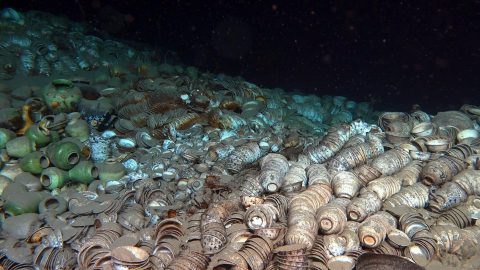
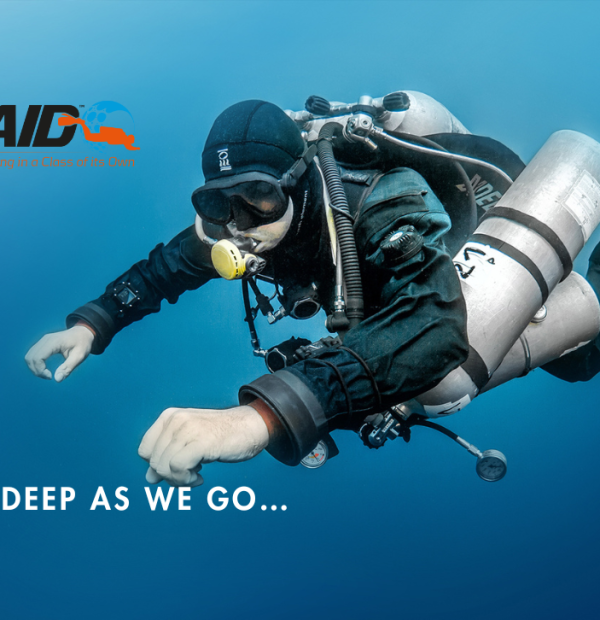
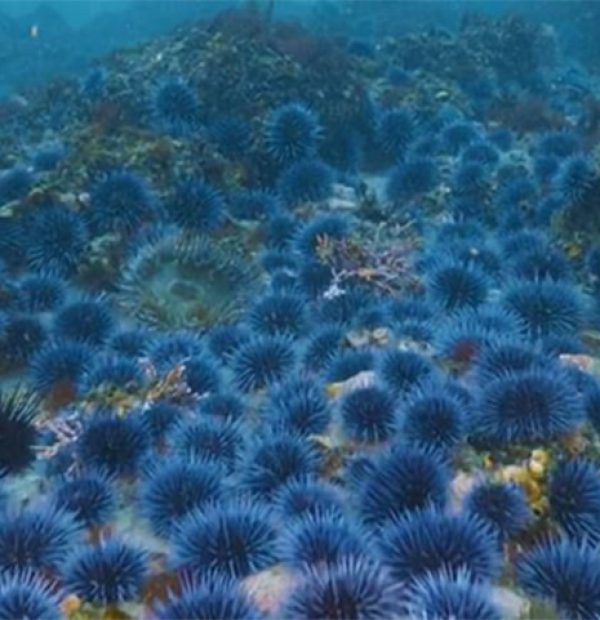
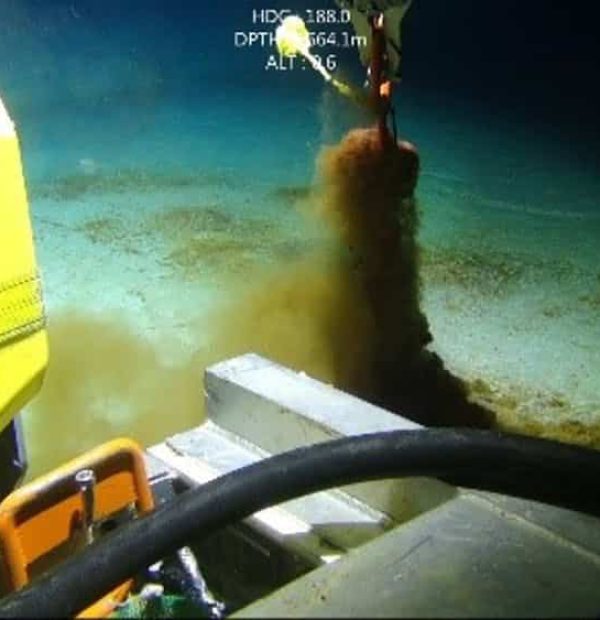
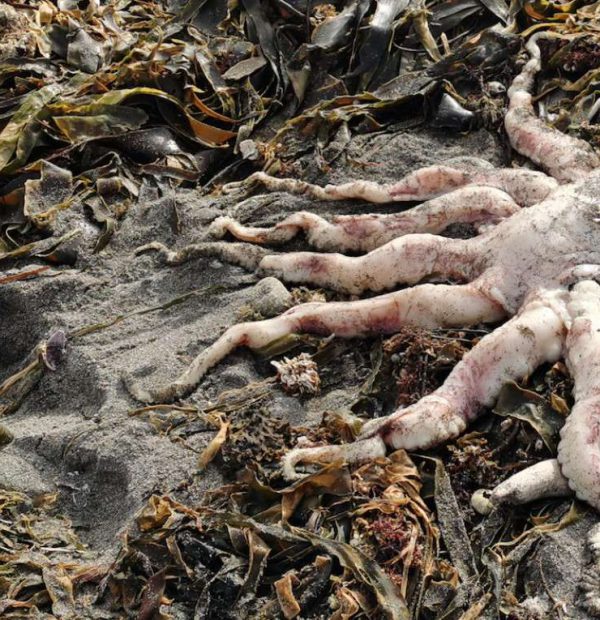
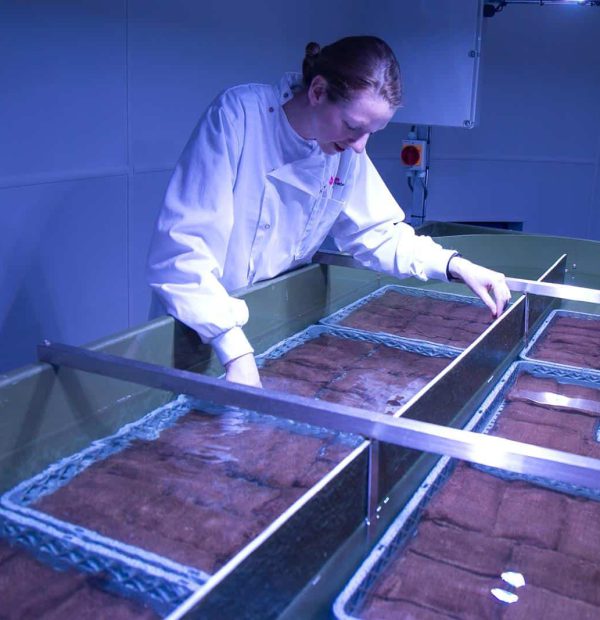
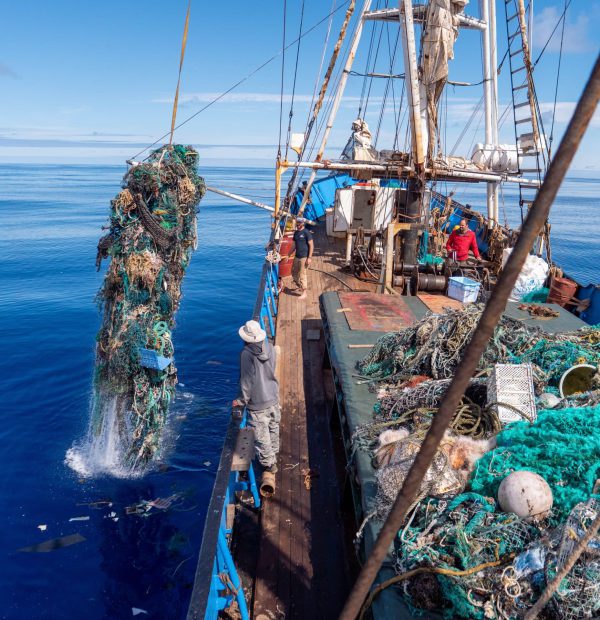
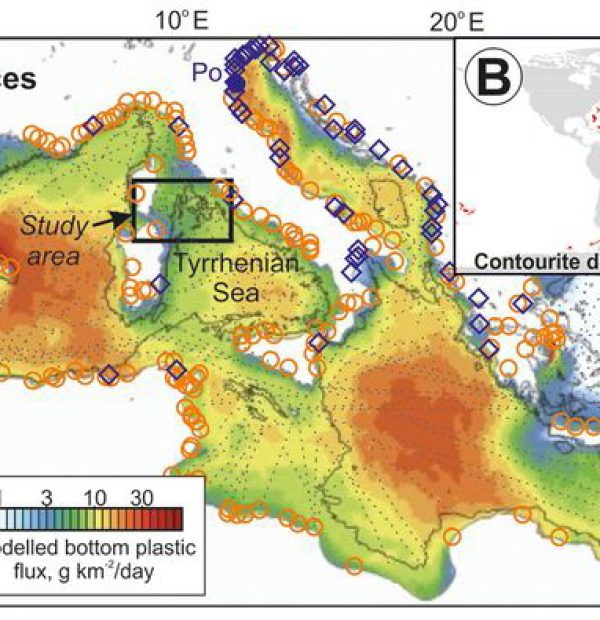

Welcome to DIVERS24.COM, your daily source of scuba news, freediving, scuba diving information, and equipment reviews. Our comprehensive coverage of the dive industry from A to Z provides you with all the latest scuba news, training updates, underwater photography tips, and everything else related to scuba diving. Whether you’re a beginner or an experienced diver looking for more knowledge about scuba gear or techniques – we’ve got it covered! With our in-depth articles written by experienced divers who have been there and done that, you are sure to find exactly what you need here at Divers24.com. Dive into scuba news today!
Underwater Media Sp. z o.o.
Szafarnia 11/F8,
80-755 Gdansk, Poland
Welcome to DIVERS24.COM, your daily source of scuba news, freediving, and scuba diving information. Sign in for a weekly news update and discount coupons for dive gear and apparel.
@2023 - underwatermedia.pl. All Right Reserved. Designed and Developed by Tworzenie stron internetowych Gdansk

The Divers24 portal is currently the largest online medium treating diving in Poland. Since 2010 we have been providing interesting and important information from Poland and around the world on all forms of diving and related activities.
Contact us: info@divers24.com